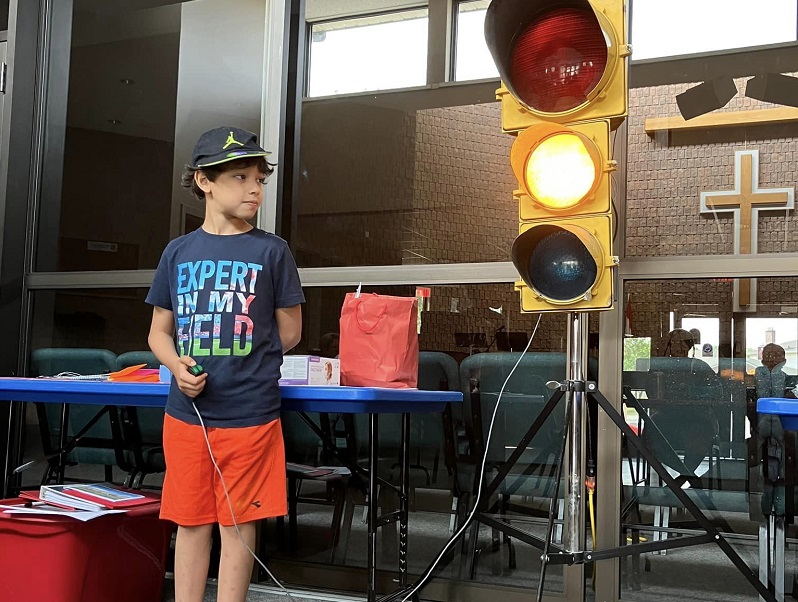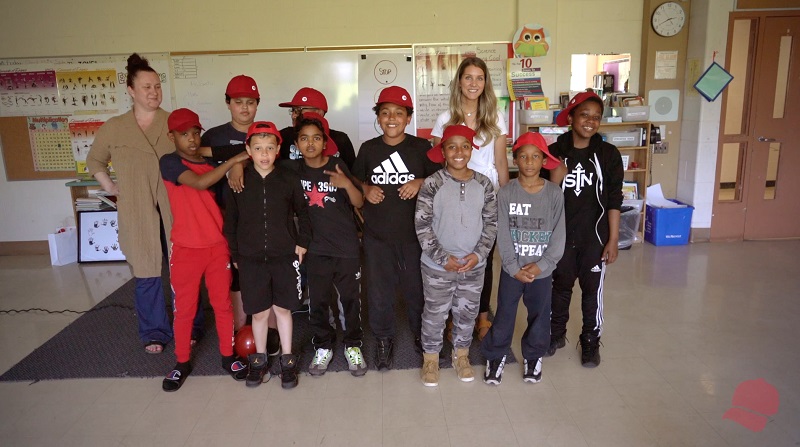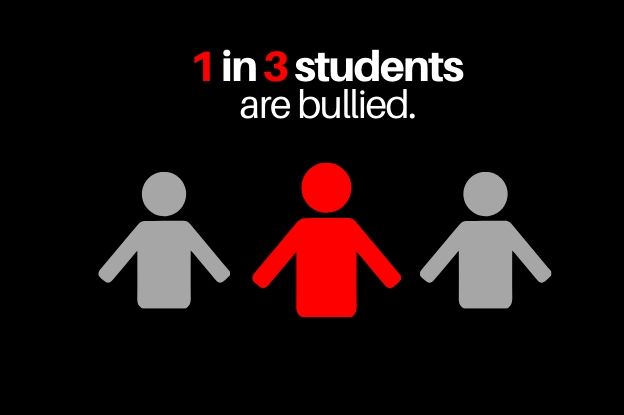Salvation Army Anger Management Program Addresses Emotions of Bullying

In many communities across Canada, The Salvation Army’s Red Cap anger management program for children ages 8 to 12, incorporates sessions into the school day or as an after-school program.
One of the most common causes of anger for school-aged children is bullying. Whether a child is being bullied or they are bullying others, the behaviour and the cause usually stem from the same factor, anger.
Although Red Cap deals with younger students, the program serves as a great tool for learning how to control emotions and prevent future episodes of bullying. Different games, activities, and tools enhance lessons on how to manage anger. The most significant being the “traffic light system”.
“I was able to see my son put the lessons he was learning into practice during the day.”
“Using our traffic light, we learned that the goal when we’re angry is to…Red – Stop and calm down; Yellow – Think of a plan; Green – Problem solve wisely,” said Melissa Sunnuck, who helps to coordinate the program in London, Ont. “Working through all those games in the gym gives them opportunities because not everyone is going to win and that can be triggering for some kids. So, we’re giving them opportunities to put into practice what we’re talking about in that moment.”
Sharon Dannock, helper in the program, witnessed this firsthand with her son who is enrolled in Red Cap.
“I was able to see my son put the lessons he was learning into practice during the day. He was upset because something didn’t go his way. Instead of causing a scene, he separated himself from the group and took the time to calm down before returning to a better state of mind.”
A New Approach
The Salvation Army in London organizes Red Cap on P.A. Days. Initially, they had been following the traditional approach. However, the staff felt that it was difficult for schools to accommodate this program in their schedules as there were already many after-school programs running. Therefore, they decided to change their approach. Hosting Red Cap on P.A. Days offers parents a fantastic alternative to daycare.
“We chatted with some parents and just put the idea out there, and one of the things that we heard back was that parents are always looking for something to do for their school-aged children on P.A. days. They are so few and far between, that they don’t always have regular childcare set up,” Melissa said.
Although the program doesn’t run as often as the traditional way, participants are still learning the same amount of content, just in a different time frame. While the original Red Cap format had sessions lasting only a couple of hours, the P.A. Day format runs during the same time as a full regular school day. Despite the schedule, facilitators of the program make it as fun as possible for students, so it doesn’t feel like school. The lessons teaching about anger management, are incorporated into games and other fun activities.
“We want to keep the structure similar to school, but we also don’t want the children to think they are coming to school. When we are teaching concepts, we play a lot of games, we do a lot of activities, so the children don’t even notice that we are teaching,” Melissa shared.
At the end of every day, parents sit down and have a meeting with the facilitators to hear about what their children learned, and to get some tips on how to put the lessons into practice at home.
Red Cap not only provides valuable lessons, but it also offers connections between parents, their children, and the program facilitators.
“The value of this program is tremendous. It is such a valuable life lesson that our kids can learn and take with them to school and their homes,” Melissa said.
By Juan Romero



